Letter from Adelaide
January 5
We have lost our Hermia, so Sally-Anne Russell comes round to sing for me. She has fished out Benjamin Britten’s Charm of Lullabies and her score of The Rape of Lucretia. We work on both, but particularly on the aria in which poor Lucretia threads together gorgeous lilies into a funeral wreath, her response to what the boastful, ghastly Tarquinius has done to her. Sally-Anne has not sung the opera for twenty-five years, but it sounds as though she’s fresh from recording it, so inside the role is she, so beautiful and rich her voice. I phone Neil Armfield. We have found our Hermia.
January 26
I leave Melbourne, police reportedly having promised to crush peaceful protests against the rather strange day we choose to celebrate in Australia each year. Bastille Day it ain’t. In the foyer of my Adelaide apartment I run into Fiona Campbell (Hippolyta), Rachelle Durkin (Tytania), James Clayton (Demetrius), and Mark Coles Smith (Puck) – the Perth contingent, all insouciantly outdoorsy and sun-kissed, hopelessly out of touch with eastern-state mask etiquette and months-long cabin fever. We’re all delighted to be going into a rehearsal room tomorrow to make some pretty great art.
January 27
Everyone arrives, blinking into the light like cult followers rescued from an underground bunker. In a sense we are, yet this erudite art form we practise could not seem more urgent just now. I commend the American countertenor Aryeh Nussbaum Cohen for a) obtaining a flight here; b) quarantining for two weeks (the hotel chef was French, he tells me); c) undergoing multiple Covid tests. But he’s having none of it: ‘This is the only place in the world just now where opera is being performed.’ He melts the room with ‘I know a bank’, the great aria that lets us imagine for only a few minutes that Purcell and Shakespeare were contemporaries and collaborators. If only.
In the evening, Neil gives the children’s chorus a masterclass summary of A Midsummer Night’s Dream (quite different from the one I heard provided by an Oxford student to her friend in preparation for a performance of King Lear in Stratford: ‘It’s all about families’). At the end of this consummate exegesis – many plates spun and caught – one tiny fairy puts up his hand. ‘How are we supposed to remember all that?’
Britten loved his fairies spiky and mischievous, not at all like those mushroom-dancing figures in Richard Dadd’s asylum paintings. He’d be happy with this lot, who have been prepared so beautifully. They interact with Mark Coles Smith’s Puck with a sort of manic joy.
January 28
I suggest cutting half of ‘I know a bank’ to facilitate staging. Aryeh has the grace to laugh – though in a slightly menacing way, it should be said.
January 29
We have lost our Flute. The brilliant Kanen Breen developed an ear infection while doing his mandatory two weeks in isolation, which is just so unfair. We all feel his withdrawal from the production most bitterly, but we swing into action to seek his replacement. Neil rings Louis Hurley, a terrific young tenor whom I conducted in Albert Herring two years ago. After the evening rehearsal, we all Zoom him for an audition, joking about the British producer who, auditioning an American actor, didn’t realise his mic was unmuted when he said, ‘These poor people live in these tiny apartments.’ (The actor had the best response: ‘I know it’s a shitty apartment. That’s why [you should] give me this job so I can get a better one.’) Louis seems to live in a castle. He sings well and looks the part: an innocent yokel who needs to shine in the candlelit play in the third act.
This is how we do our business during Covid.
January 30
Tytania, Oberon, Puck, and all the fairies meet for the first time. Aryeh tells me that a similar encounter when he was a kid gave him the singing and acting bug. They are all gorgeous together, and the fight that opens the opera positively crackles.
The inspiring Denni Sayers (choreographer and associate director), who grew up in Suffolk, is convinced that a fanfare-motif in Act Two was lifted from ITV’s signature tune, which Britten must have known. I let her down gently, telling her that the BBC gifted Britten his first television set in 1971 so that he could watch the broadcast of Owen Wingrave, his much-underrated opera.
We discuss surnames, how kids at the school taught by one of our fabulous répétiteurs, Jamie Cock, are instructed to call him Jamie; how Aryeh, as a Cohen, is a member of the traditional family of priests and therefore must not visit a cemetery since this impurity would bar him from entering the temple in Jerusalem should it reappear; and how Miss Reynolds, who instructed the young Denni in geography and choir, would advise the girls: ‘Open your legs and let the sound out.’
February 2
We have now lost Tytania, Demetrius, Hippolyta, and Puck. Western Australia has shut down, the border closed, and these four had the misfortune to fly out of Perth on January 26, so must remain in isolation in Adelaide. Mary Vallentine and Elaine Chia, the opera’s producer and the Adelaide Festival’s CEO respectively, work the phones, trying to wring exemptions from government officials. I text Mary the names of potential replacements, should it come to that. Stuff like this doesn’t even throw us anymore, the only positive legacy I can think from 2020.
February 3
Tytania, Demetrius, Hippolyta, and Puck are back. Sort of. They have been awarded exemptions, but only for rehearsals. They must spend the rest of their time in hotel isolation for another week.
We work on the fiendishly difficult fight scene with the lovers, full of split-second asides and cat-burglar entries. I discuss our collision policy: if you crash and burn, I will look after other traffic around the highway entries and exits and will say very nice things about you afterwards at the memorial service. But in the moment, I’ll let you crash into the catch fence at quite some speed.
The fight instructor directs the fight choreography, assisted by a series of Russian-doll helpmeets, who are replaced one by one until we are close to the weight and height of Hermia, who does the final routine, singing on her back and side and front.
February 4
We have lost our Lysander. To basketball. A broken toe. My (and his) agent rings early to tell me. Anything that comes at us now looks nothing more than a noisy mosquito: annoying but hardly life-threatening. I tell the rest of the cast we’re on Perth rules: come to rehearsal, go back to your apartment, don’t talk to anyone or play basketball.
During the break, we talk about Lady Gaga’s version of ‘The Star-Spangled Banner’ at Joe Biden’s inauguration, which was powerful and appeared in a great arrangement, though it couldn’t reach the heights of Whitney Houston’s version at the Super Bowl in 1991, which remains the SSB benchmark. The anthem is so difficult to sing. (Try it! An American once laughed at my attempt at the opening night of Chicago’s Lyric Opera season.)
‘Whitney lip-synced it,’ Rachelle adds sadly, wiping her nose in grief. That would make sense: the performance is perfect, and Houston almost giggles her way through the incredible highs and lows thrown at her, a metaphor for her life.
February 8
I record a podcast for ABR, talking about Britten, Dream, Musica Viva. Peter Rose tells me the best story ever about Mary Vallentine, who was very close to Stuart Challender and indeed instrumental in his appointment as chief conductor of the Sydney Symphony Orchestra. When he died so tragically and so young, a friend of Mary’s reached out to her and asked if there was anything she could do to help. ‘Can you conduct?’ was Mary’s response.
We have all the Act Three singers with us for the first time, Teddy Tahu Rhodes having emerged from self-isolation in ebullient spirits.
February 10
The cast and pianist Michael surprises me with the most virtuosic and brilliant ‘Happy Birthday’; this one clearly hasn’t stayed under the radar.
Mary tells me South Australia has closed its border with Victoria because of new infections. It’s so strange how easy it would be to find oneself on the wrong side of a border at any time, which is after all a historical condition. Yet musicians have travelled since they could, a wondrous migratory pattern sped up by the railways in the nineteenth century and jet flights in the twentieth. Now we look to our own backyard, which is getting smaller by the month.
We spend the last hour or so on Bottom’s aria, the great moment when he awakens from his slumbers, once again a mere mechanical, no ass, and recounts what he thinks was a merely a fantastical dream, one full of long donkey ears and a large donkey penis, before stumbling off in amazement to tell the rest of his merry gang of the wondrous images that took root in his head over night. Denni says we have now staged every bit of the opera. Now comes the finesse. Oh, and a half-week full of orchestral readings.
February 11
We haven’t quite done the whole opera, it turns out, so we work on the magical moment before Bottom awakens, Tytania having left the lovely nest created from the long trains of her dress, the kids having left the rats’ nests they fall into at the end of the second act. Rachelle sings that great line, ‘Music ho’, and Aryeh wonders out loud who the ho is. Definitely me, at least in this score.
February 12
We rehearse the scene in which Oberon cruelly punishes Puck for his missteps and mistakes and poor Puck ends up whimpering on the floor. With fantastic actor timing, he cracks the room by muttering ‘fucking arsehole’, which Oberon deserves. Neil and I later discuss the Elizabethan usage of the word ‘arsehole’.
Rachelle puts on her crazy-tight rehearsal dress once more, which always reminds me of that great line in that Melissa McCarthy film Spy: ‘You look like a slutty dolphin trainer.’
The changeling boy comes into the room in costume, with rings on his fingers and bells on his toes, and a fantastic bejewelled and befeathered turban. It is our final studio rehearsal with the fairies; the next time I see them is for runs and then the sitz probe at the Adelaide Symphony’s rehearsal studio. Man, we’ve crammed a lot into just over two weeks!
This article, one of a series of ABR commentaries addressing cultural and political subjects, was funded by the Copyright Agency’s Cultural Fund.



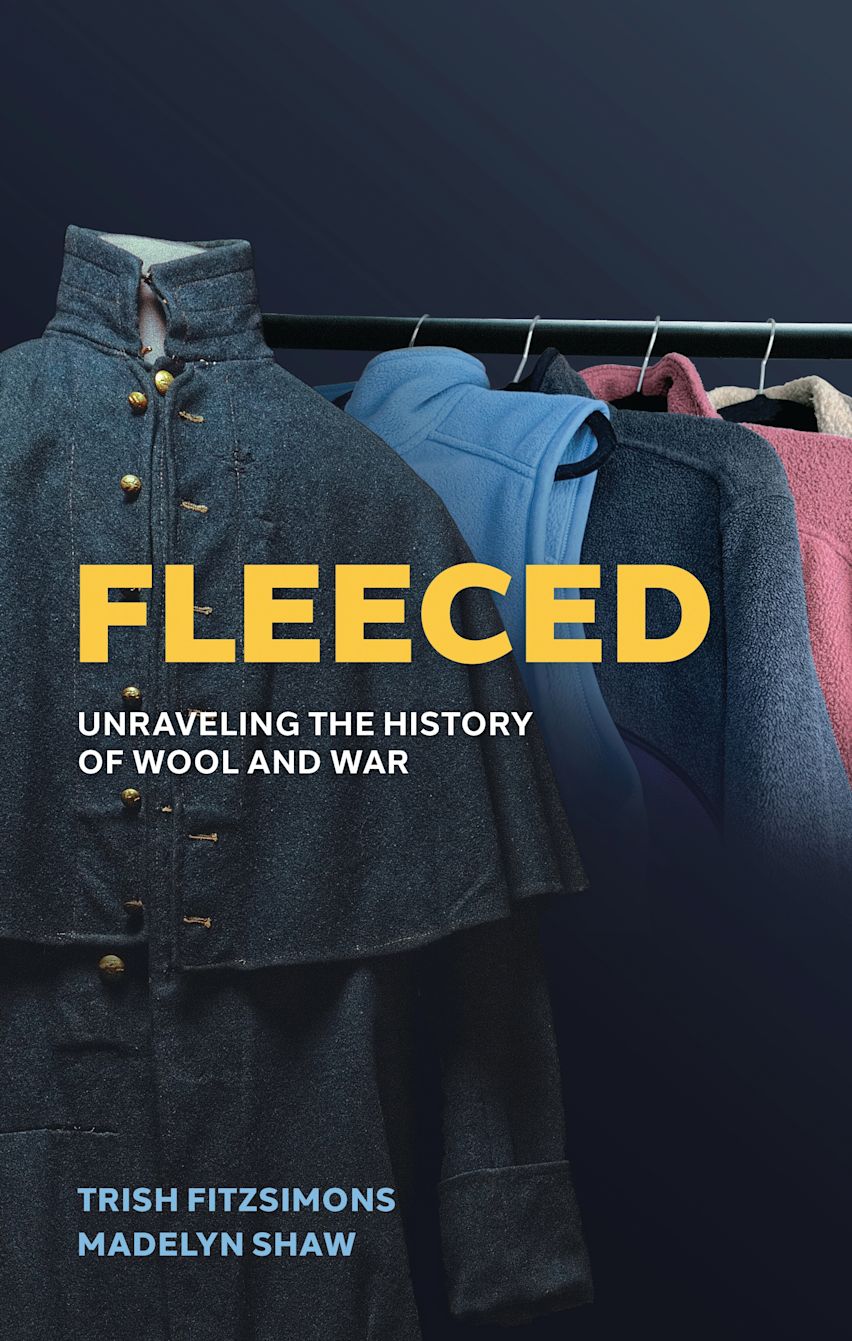
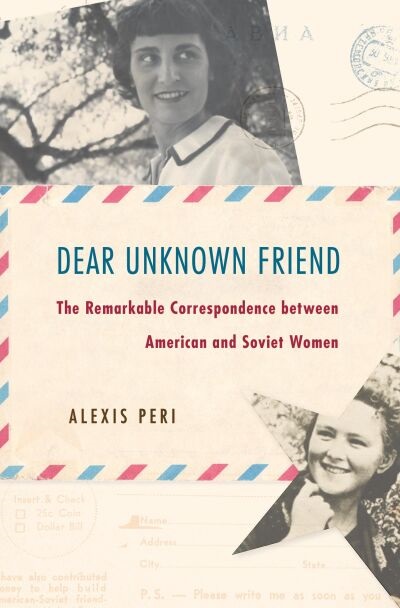
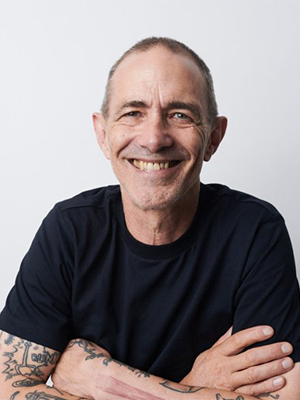
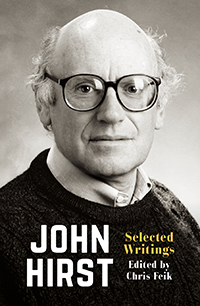
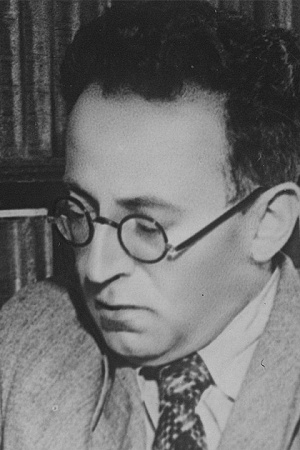

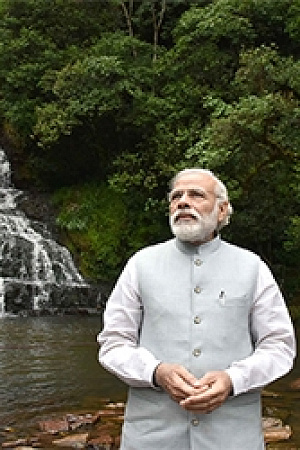
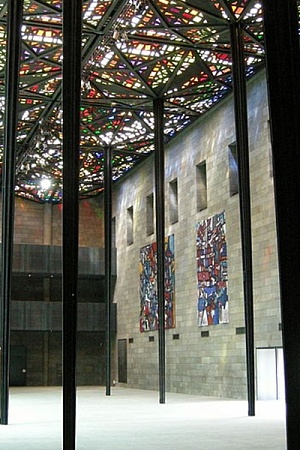
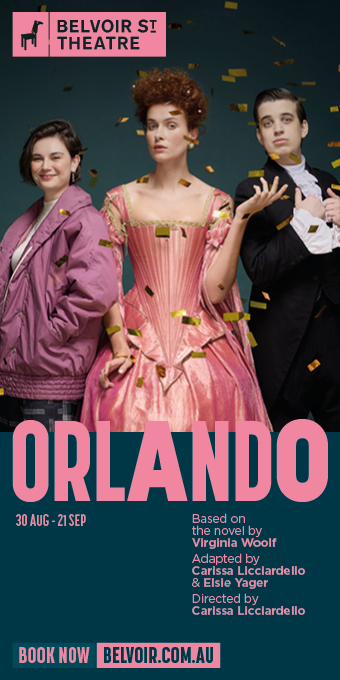
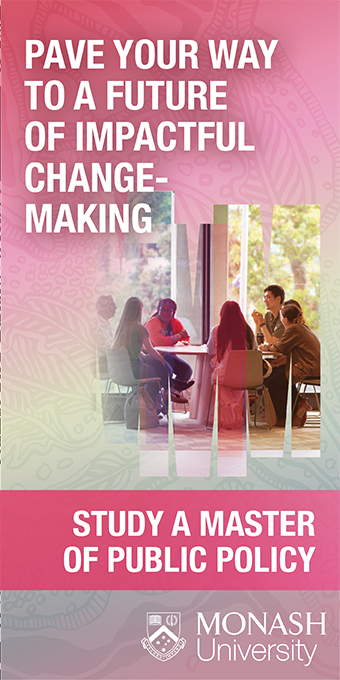
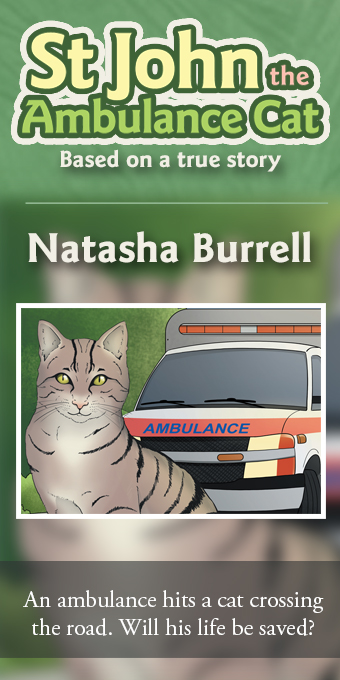
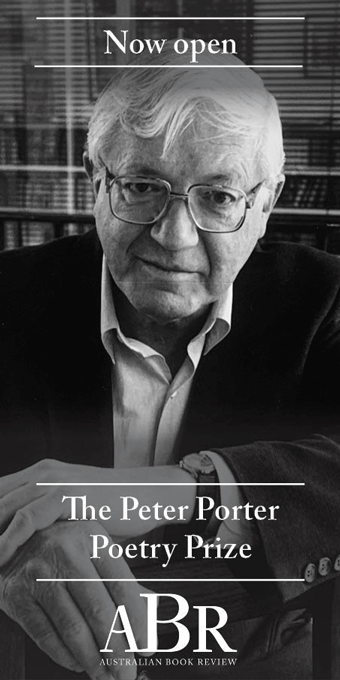
Leave a comment
If you are an ABR subscriber, you will need to sign in to post a comment.
If you have forgotten your sign in details, or if you receive an error message when trying to submit your comment, please email your comment (and the name of the article to which it relates) to ABR Comments. We will review your comment and, subject to approval, we will post it under your name.
Please note that all comments must be approved by ABR and comply with our Terms & Conditions.